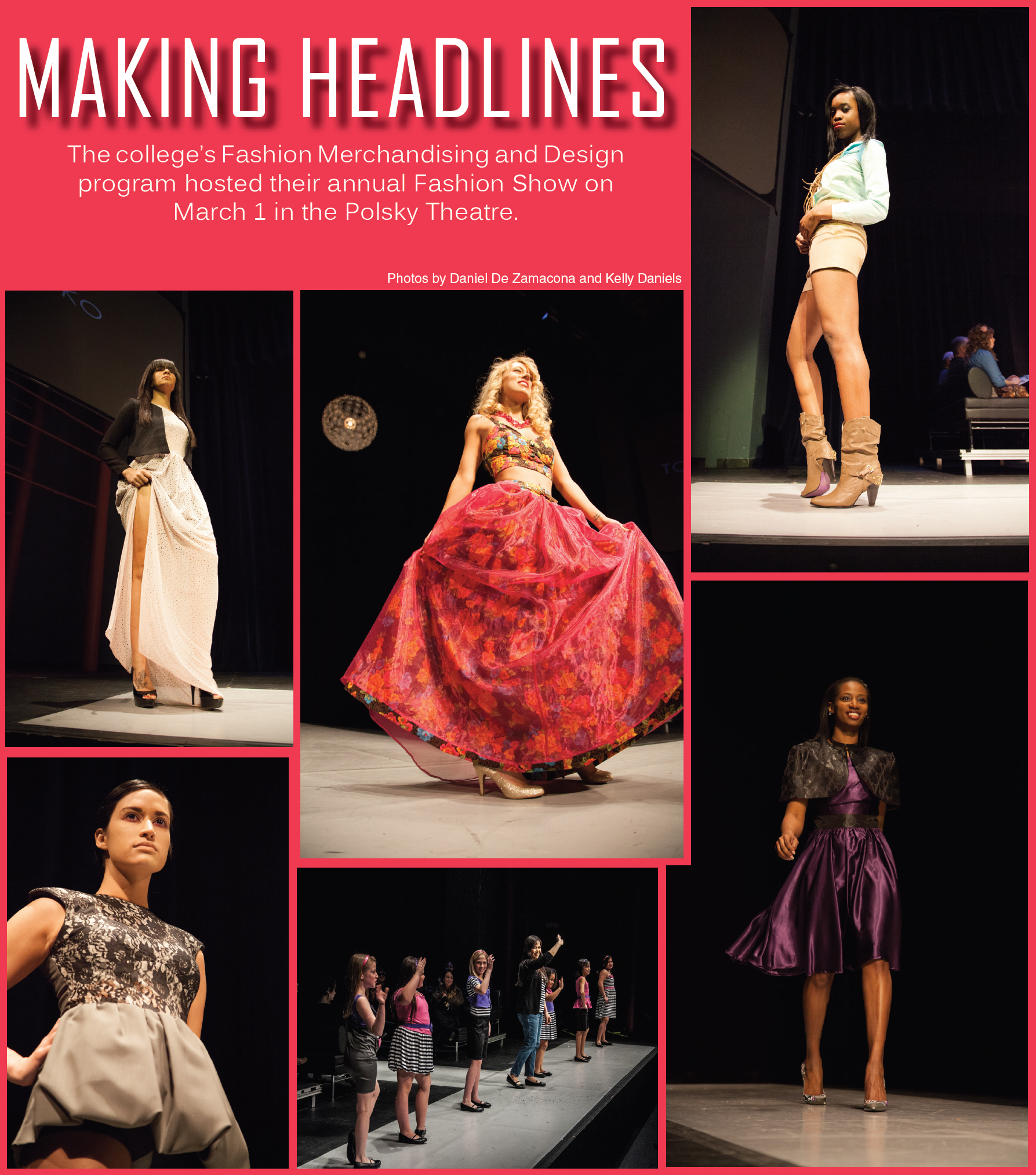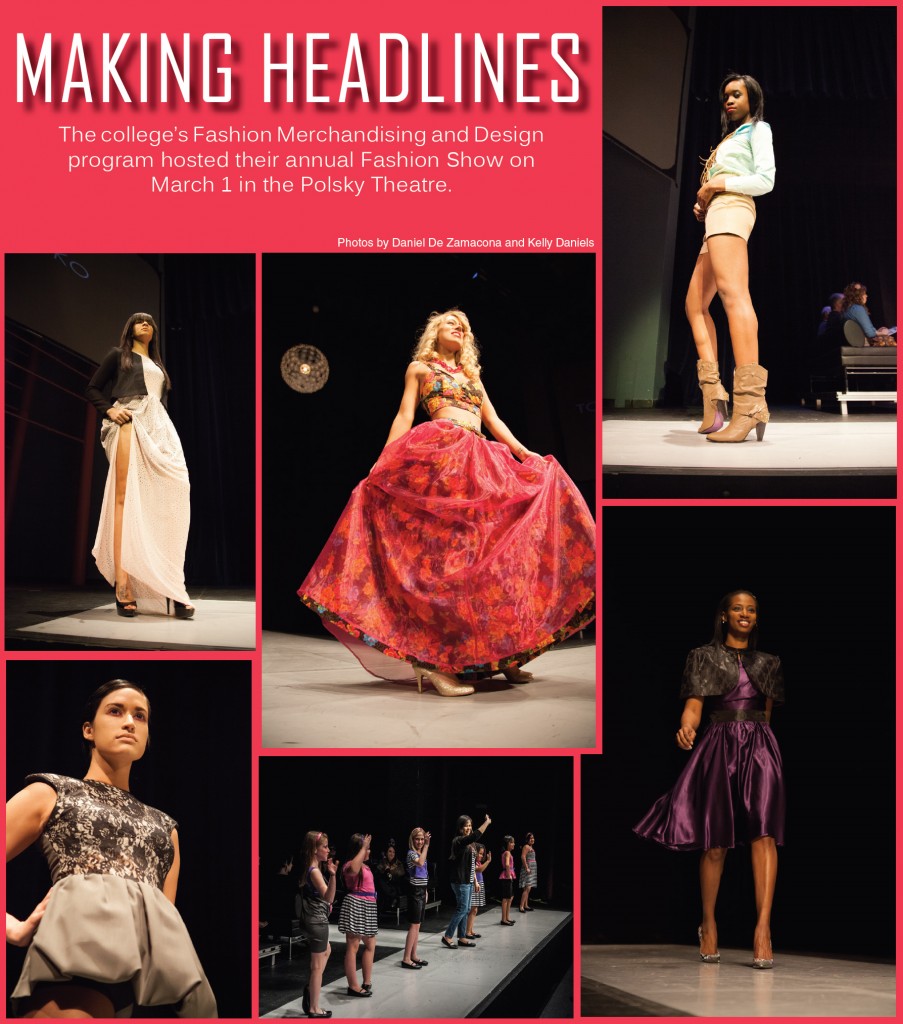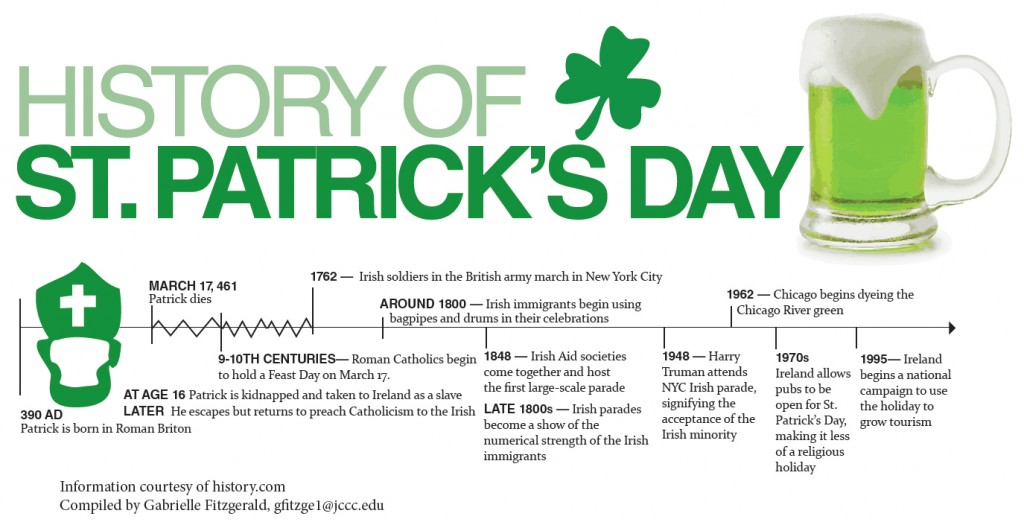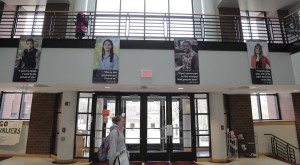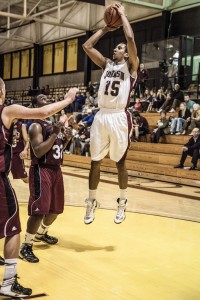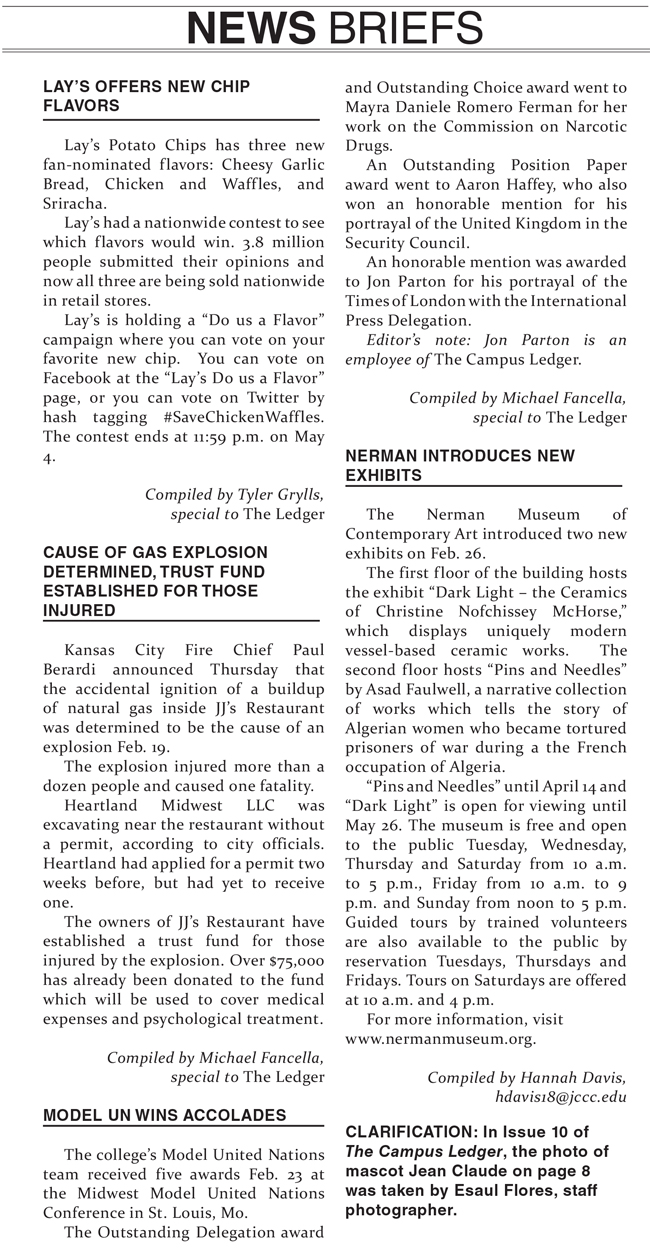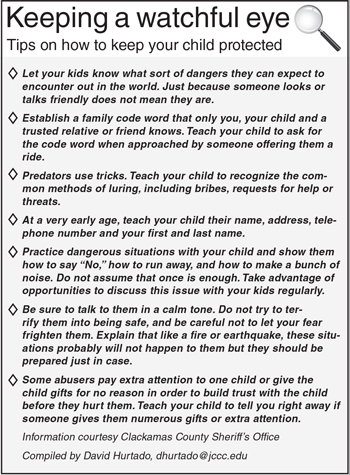By Mac Moore
As of the writing of this story, sophomore pitcher Matt Blackham is holding 13 consecutive innings without giving up a hit. The Cavaliers have won 7 straight games, in no small part because of the strength of Blackham and the rest of the pitching rotation.
HOW DO YOU FEEL ABOUT YOUR RECENT PERFORMANCE?
I am very thankful of all the support I received from my teammates, coaches, and family. I wouldn’t have been able to be where I am today without them. It wasn’t just my performance that I pitched as well as I did. It was a total team effort. I couldn’t have done it without them. I am glad to have shared such an accomplishment with my team I couldn’t have done it without them. I set very high goals for myself and it’s a pitcher’s dream to throw a no hitter and I’m very thrilled how well I’ve pitched.
HOW HAS THE TEAM PERFORMED AS FAR THIS SEASON?
We started out slow but the more we have played with each other the closer we have become as a team. We are currently on a seven game win streak and it seems like every game we learn something new to build upon to get better and play Johnson County baseball.
WHAT IS THE TEAM’S BIGGEST STRENGTH? WHAT IS YOUR BIGGEST STRENGTH?
Our biggest strength has to be our potential. We are playing good baseball right now but when we put everything together there aren’t many teams that beat us. My biggest strength is I will do whatever it takes to win. I am very competitive. I get to play the greatest sport in the world and there is no greater feeling than stepping up on that mound.
FAVORITE ARTIST
Foo Fighters
FAVORITE MOVIE
For Love of the Game
Contact Mac Moore, sports editor, at mmoore82@jccc. edu.























